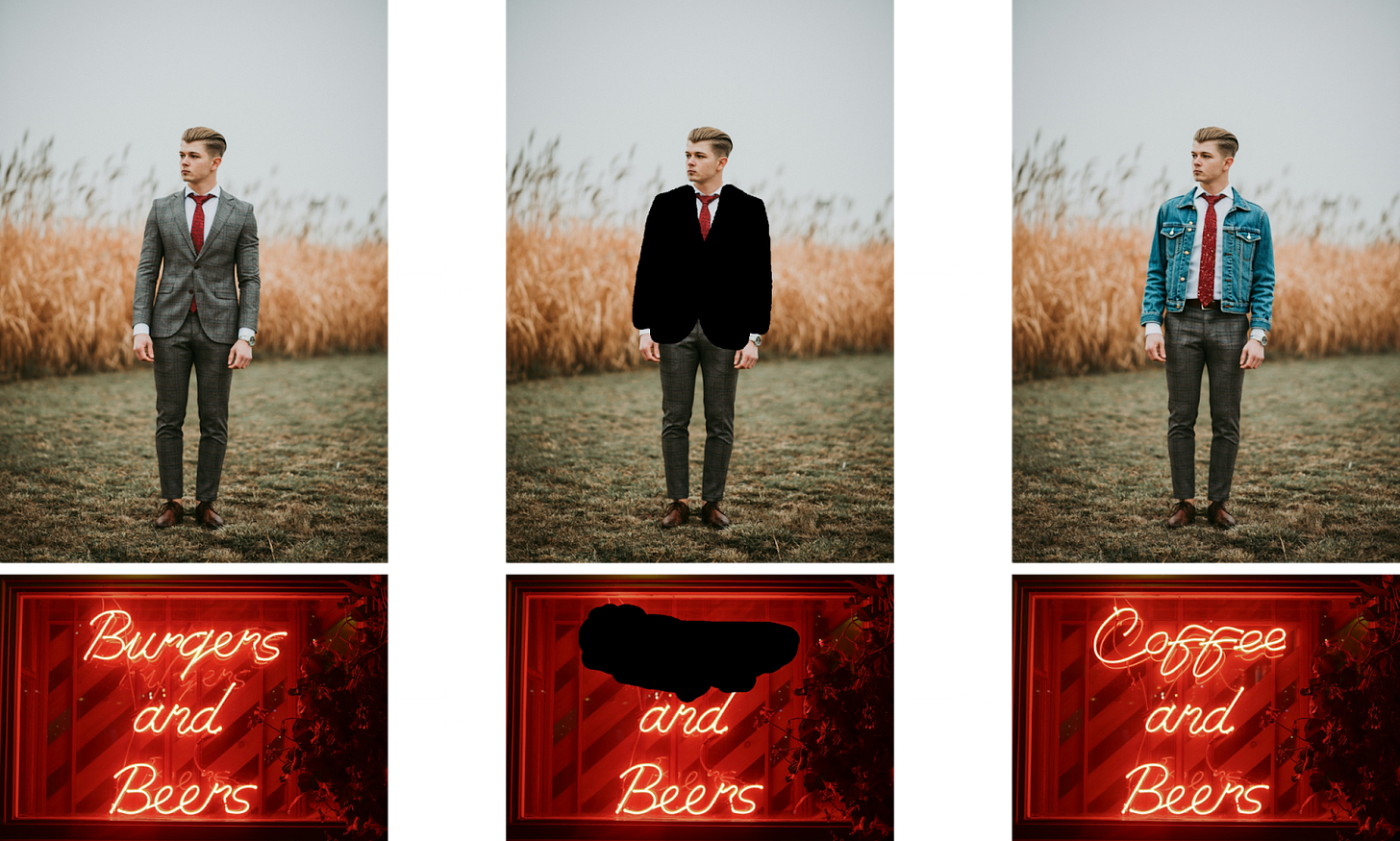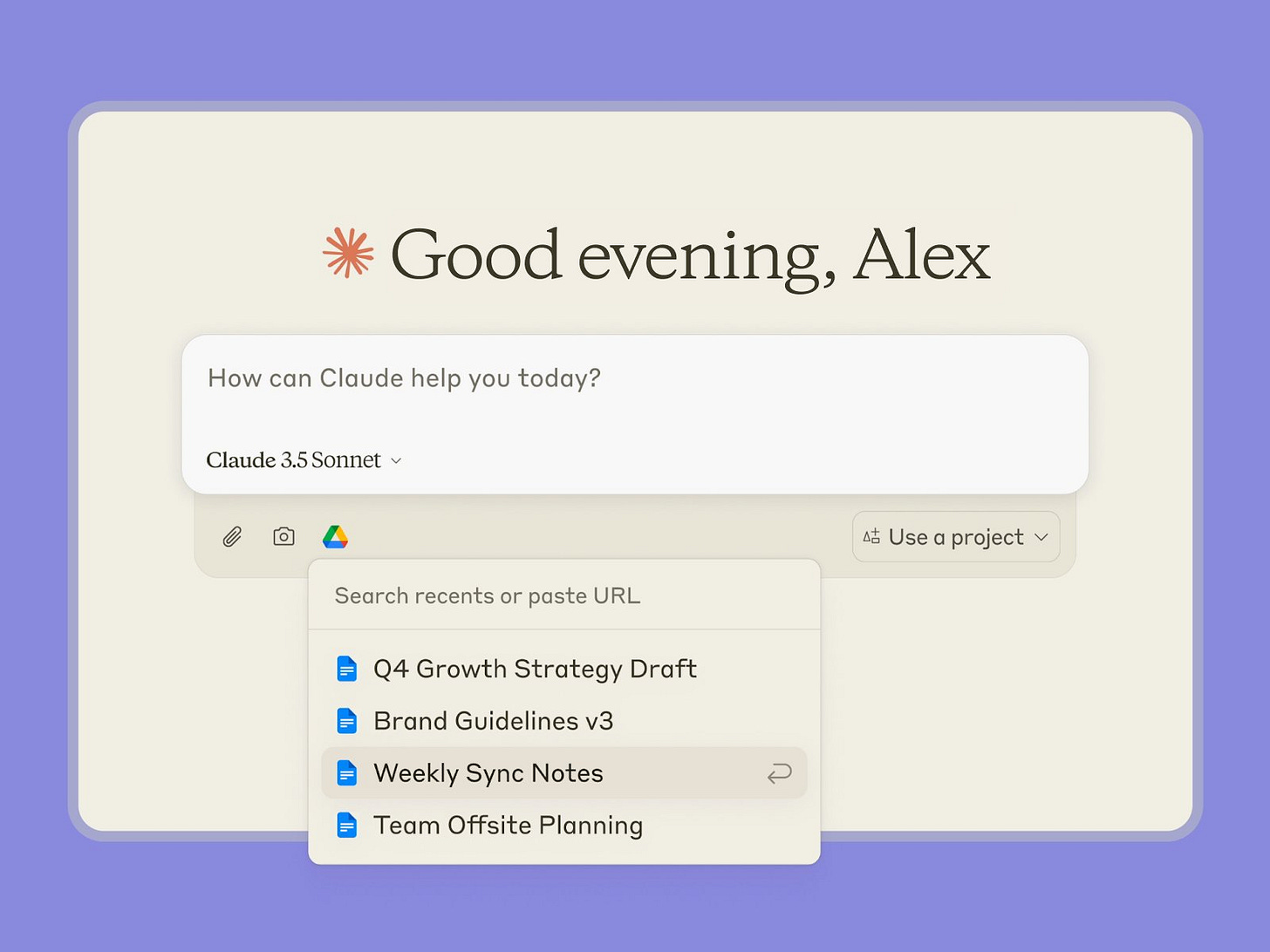⚔️ OpenAI's Browser Plans: A Strategic Challenge to Google Chrome
Today's newsletter from the world of Large Language Models, Computer Vision and AI in general.
In today’s Edition:
OpenAI considers taking on Google with browser
MIT researchers unveil reinforcement learning breakthrough delivering 5-50x efficiency gains
Google's Gemini now matches OpenAI's GPT-4o and reclaims top spot on LLM leaderboard
New FLUX.1 suite brings professional-grade image manipulation
New Google DeepMind paper goes viral demonstrating technique for making LLMs reason 81.6% better without prompting
👨🔧 Github Repository Roundup
OpenAI considers taking on Google with browser
The Brief
OpenAI plans to develop an AI-powered web browser integrating ChatGPT, challenging Google Chrome's market dominance in both browsing and search capabilities. The company is actively engaging with major tech partners and has already shown prototypes to potential collaborators.
The Details
→ OpenAI has made a strategic move by recruiting Ben Goodger, a founding Chrome browser team member, signaling their serious intent to compete in the browser space. The company is developing a search product called NLWeb, which will enable natural conversational interactions with partner websites.
→ The company has initiated discussions with major digital platforms including Conde Nast, Redfin, Eventbrite, and Priceline to integrate their search features. These partnerships aim to create a seamless AI-powered browsing experience.
→ OpenAI's existing partnership with Apple for AI features demonstrates their capability to integrate with major tech ecosystems. Ongoing talks with Samsung could potentially expand their reach in the mobile device market.
→ The company has already launched SearchGPT, showing their commitment to entering the search market. This move comes as Google responds with their own AI chatbot Gemini, launched in late 2022.
The Impact
This initiative could fundamentally transform how users interact with the internet, potentially shifting the power dynamics in the browser and search markets away from Google's long-standing dominance. The integration of AI-powered features could establish a new standard for web browsing experiences.
MIT researchers unveil reinforcement learning breakthrough delivering 5-50x efficiency gains
The Brief
MIT researchers developed a novel reinforcement learning algorithm called MBTL that trains AI systems 5-50x more efficiently than standard approaches by strategically selecting optimal training tasks, making complex AI decision-making more reliable and practical.
The Details
→ The algorithm addresses a critical challenge in reinforcement learning where models often fail when facing task variations. Traditional approaches either train separate algorithms per task (computationally expensive) or one algorithm for all tasks (poor performance).
→ MBTL (Model-Based Transfer Learning) operates by modeling individual task performance and predicting generalization capability. It sequentially selects tasks providing maximum performance improvements while minimizing training costs.
→ In testing, MBTL achieved same performance using just 2 tasks compared to standard methods requiring 100 tasks. The researchers tested it on traffic signal control, speed advisory systems, and classic control tasks.
The Impact
This breakthrough enables more efficient training of reliable AI systems for real-world applications like traffic management, robotics, and medicine.
🔥 Google's Gemini now matches OpenAI's GPT-4o and reclaims top spot on LLM leaderboard
The Brief
Google DeepMind released Gemini-Exp-1121, achieving #1 rank tie with GPT-4o in Chatbot Arena, marking +20 points improvement over previous version with significant gains in coding, reasoning, and visual capabilities.
The Details
→ In Chatbot Arena rankings, Gemini-Exp-1121 surged from #3 to #1 overall position, sharing top spot with GPT-4o-1120. The model excelled particularly in Style Control (moving from #5 to #2) and Hard Prompts with Style Control (from #3 to #1).
→ Performance improvements span multiple domains - coding, math, and creative writing all achieved #1 rankings. Model maintained its dominance in vision tasks while showing enhanced reasoning capabilities.
→ Available through Google AI Studio and Gemini API, the model demonstrates stronger performance in coding tasks, improved visual understanding, and enhanced reasoning abilities.
The Impact
This rapid iteration in LLM development, measuring progress in days rather than months, intensifies competition in AI development. The simultaneous improvements across multiple domains signal a significant leap in general-purpose AI capabilities.
🚀 New FLUX.1 suite brings professional-grade image manipulation
The Brief
BlackForestLabs launches FLUX.1 Tools, introducing 4 new image generation models for image manipulation - enhancing their base text-to-image model with advanced control features, available in both open-access and pro versions. Draw, paint, or expand images using simple English instructions
The Details
→ The suite includes FLUX.1 Fill for state-of-the-art inpainting/outpainting, surpassing competitors like Ideogram 2.0. Benchmark shows FLUX.1 Fill [pro] leads performance metrics, with [dev] version ranking second.
→ FLUX.1 Depth and Canny models provide structural guidance through depth maps and edge detection. Depth preserves image structure. Both available as full models and LoRA versions based on FLUX.1 [dev].
→ FLUX.1 Redux adapter enables image variations and restyling, supporting 4-megapixel outputs with flexible aspect ratios in FLUX1.1 [pro] Ultra.
The Impact
Integration with partners fal.ai, Replicate, Together.ai, Freepik, and krea.ai expands accessibility. Open-access models under Flux Dev License promote research community engagement while maintaining professional capabilities through BFL API.
📚 Claude gets direct access to Google Docs for smarter document-based interactions
Anthropic launches Google Docs integration for Claude Pro and Work users, enabling direct document sharing with Claude for enhanced context and seamless collaboration.
The Details
→ Integration allows accessing Google Docs via two methods: Direct chat upload through paperclip icon or Add Content in private Projects feature. First-time users need Google authentication.
→ System features real-time synchronization with Google Drive, maintaining latest document versions. Multiple docs can be added within conversation context window limits.
→ Notable limitations include text-only extraction - Claude cannot process images, comments, or suggestions in synced docs. Users must maintain view permissions to keep docs accessible.
The Impact
Feature strengthens Claude's document processing capabilities while maintaining data sync, though limited to text content.
🔥 New Google DeepMind paper goes viral demonstrating technique for making LLMs reason 81.6% better without prompting
The Brief
GoogleDeepMind demonstrates LLMs can perform advanced reasoning without special prompting through Chain-of-Thought (CoT) decoding, improving GSM8K accuracy by 81.6% for PaLM-2 Large.
The Details
→ Research reveals pre-trained LLMs have inherent reasoning abilities accessible through modified decoding. The technique explores multiple paths during decoding instead of single-path inference, discovering latent CoT reasoning patterns.
→ Performance metrics: PaLM-2 Large improved from 34.8% to 63.2% on GSM8K. Mistral-7B increased from 9.9% to 25.1%. Year Parity task achieved near-perfect accuracy at larger scales.
→ Method combines CoT-decoding with existing zero-shot prompting techniques. Higher model confidence correlates with valid reasoning paths. Task difficulty influences presence of correct CoT paths.
The Impact
This breakthrough eliminates dependency on human-designed prompts for reasoning tasks, potentially transforming how LLMs handle complex problem-solving while reducing implementation complexity.
👨🔧 Github Repository Roundup
TinyTroupe
LLM-powered multiagent persona simulation for imagination enhancement and business insights.
Multi-persona simulation engine for business testing and insights
Run multiagent simulations using LLM-powered personas. Build custom personalities, test products, generate synthetic data. GPT-4 backend creates realistic interactions. Python API gives full experiment control and result extraction. Supports focus groups, user testing, brainstorming.
What it offers:
🎭 Enables simulating realistic human interactions and consumer behaviors through GPT-4 powered agents
📊 Focused on business insights: ad testing, software validation, product feedback, focus groups
🔍 Generates synthetic data and evaluates proposals from specific persona perspectives
bbot
A recursive internet scanner for hackers with 6700 Github Stars 🌟
Supercharged subdomain scanner with NLP-powered mutations
Helps you discover hidden web assets and subdomains using NLP mutations, revealing 20-50% more than standard tools. Handles massive scans at 1000 DNS queries/sec. Includes Neo4j output, YARA search, offensive modules.
What it offers:
🎨 Supports mutiple targets, web screenshots, and offensive web modules
🔍 Python API and extensive developer documentation
Built for 3 types of scans:
🔹 Subdomain enumeration with API sources and recursive DNS brute-force
🔹 Web scanning with vulnerability checks and screenshots
🔹 Email/cloud asset discovery through APIs and web crawling
Qwen2.5-Coder
This is the repository for open-source LLM Qwen2.5-Coder which is the code version of Qwen2.5, the LLM series developed by Qwen team, Alibaba Cloud.
The repo contains many example code to run inferencing, finetuning and evaluation with Qwen2.5-Coder
Build, extend, and debug code across 92 languages. 128K context length supports repository-level tasks. Model sizes from 0.5B-32B. SOTA performance matching GPT-4.
What the Qwen2.5-Coder model offers:
📐 SOTA open-source coding model matching GPT-4's capabilities
🔄 Supports 92 programming languages with 128K context length
🎨 Multiple model sizes: 0.5B to 32B for different deployment needs
🛠️ Base and instruction-tuned variants with quantized versions







